
The Nazi's Change of Heart
By Storybird

13 Jun, 2023

Friedrich was a young and passionate man who wholeheartedly supported the Nazi Party. He believed that under Hitler's rule, Germany would prosper and return to its former greatness.
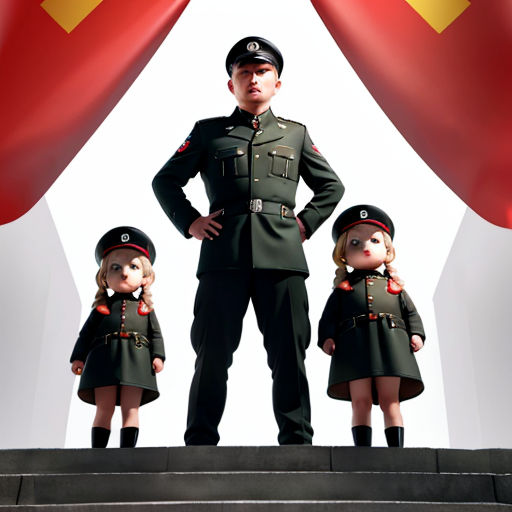
His family, who were proud Germans, also supported the Nazi regime. They attended rallies and encouraged their son to join the Hitler Youth, believing that this was their patriotic duty.
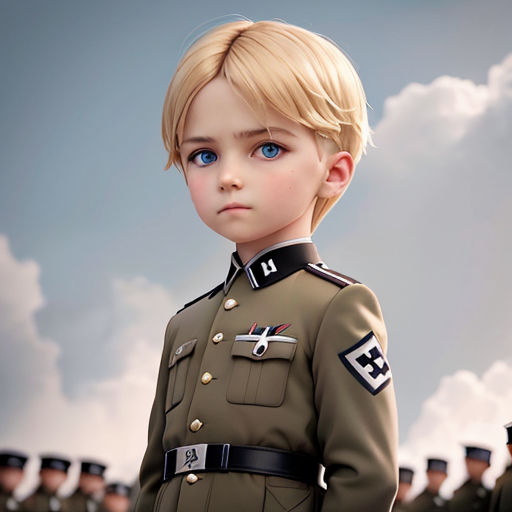
Friedrich loved being part of the Hitler Youth, feeling a sense of purpose and camaraderie with his fellow members. They were taught that they were the future of the German Reich, and they took pride in this responsibility.

One day, Friedrich and his friends were tasked with a special mission: to visit a nearby concentration camp and deliver supplies to the soldiers stationed there. They were excited about the opportunity to contribute to the war effort.

As they arrived at the camp, Friedrich noticed a strange smell in the air, like burning rubber. He dismissed it as the scent of a nearby factory and continued on with his duties.
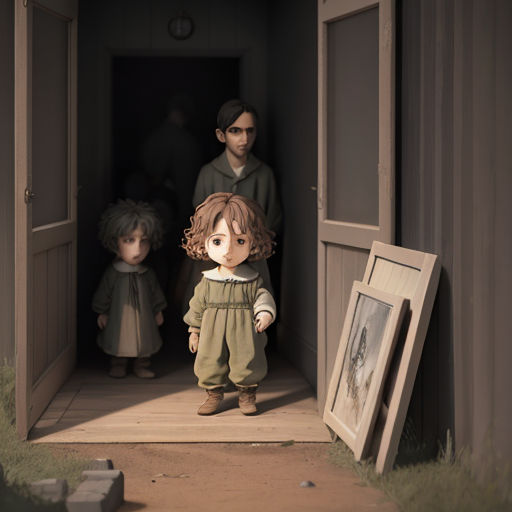
While delivering supplies, Friedrich accidentally wandered too far into the camp and stumbled upon a group of emaciated prisoners. Shocked, he could hardly believe what he was seeing.
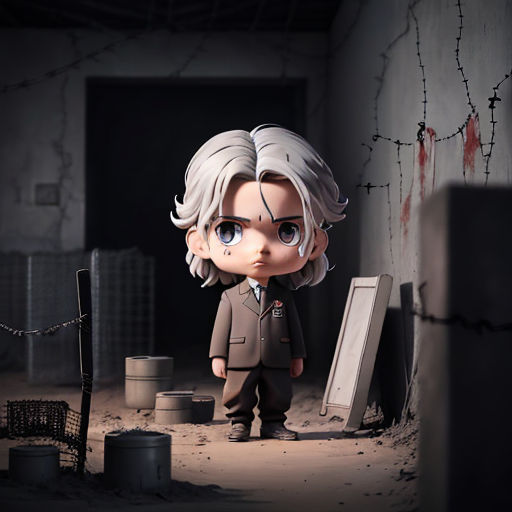
He had heard rumors of concentration camps and the terrible conditions within them, but he had always dismissed these stories as enemy propaganda. Now, faced with the reality of the situation, he could no longer ignore the truth.

As he walked back to his friends, his mind raced with questions. How could his beloved country be responsible for such inhumanity? Was this what he had been supporting all these years?

That night, unable to sleep, Friedrich lay in bed wrestling with his thoughts. He could no longer reconcile his love for his country with the horrors he had witnessed at the camp.
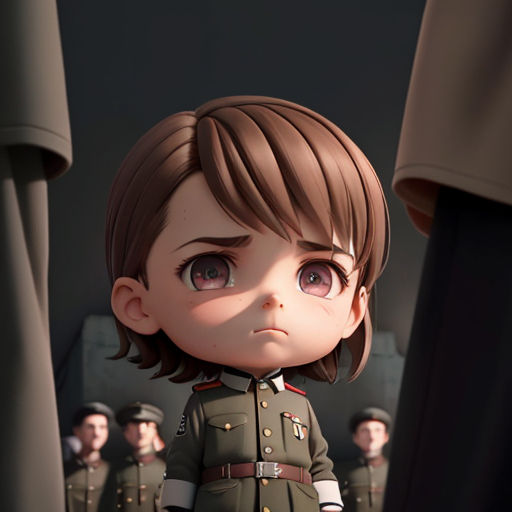
The next day, he decided to speak to his father about his doubts. His father, a staunch Nazi supporter, dismissed his concerns, insisting that the prisoners deserved their fate for being enemies of the Reich.
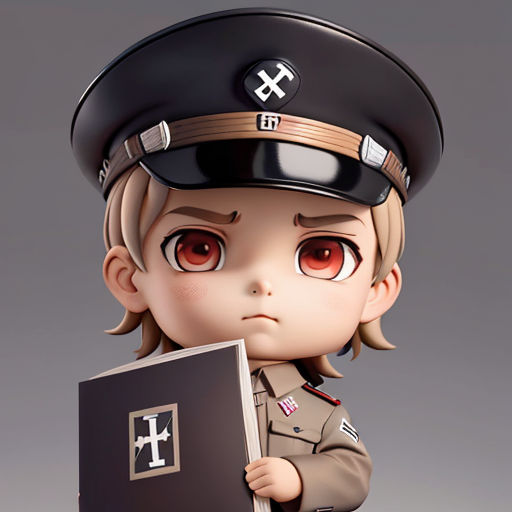
Frustrated and heartbroken, Friedrich knew he could no longer blindly follow his father or the Nazi Party. He needed to find a way to educate himself and others about the true nature of the regime.

In secret, Friedrich began to obtain and read banned books and newspapers that spoke out against the atrocities committed by the Nazis. This new information only deepened his belief that he must take a stand against the regime.

Realizing that he couldn't do it alone, Friedrich sought out others who shared his beliefs. He discovered a small underground resistance group, composed of other disillusioned youths and adults who defied the Nazi Party and worked to save innocent lives.

Together with his new friends, Friedrich began to participate in acts of sabotage and resistance against the Nazis. They forged identity papers to help people escape persecution and smuggled food and supplies into concentration camps.

As the war dragged on and the tide began to turn against Germany, Friedrich and his fellow resistance members grew bolder in their actions. They assisted Allied forces by providing intelligence and carrying out acts of sabotage against key Nazi targets.
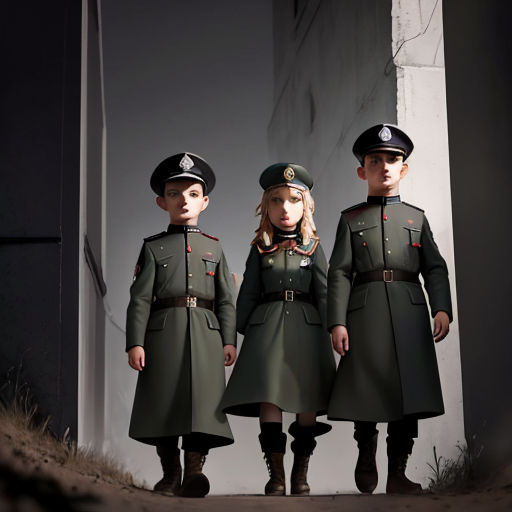
But as their resistance efforts grew more successful, the risk of being caught increased. One by one, Friedrich's friends were captured and executed for their defiance of the Nazi regime.

Terrified but undeterred, Friedrich continued to fight for what he believed was right, even as his family disowned him for betraying their country.

As the war came to an end, the remaining members of Friedrich's group were rounded up by the Nazis. Despite the danger, Friedrich chose to stand by his friends, refusing to distance himself from their cause.

In a desperate attempt to save his life, Friedrich's father pulled strings within the Party to secure his release. Though Friedrich was now safe, he couldn't shake the guilt of leaving his friends behind.

When the war ended, and Germany lay in ruins, Friedrich helped to rebuild his country. He dedicated his life to making amends for his past support of the Nazi regime, spending years helping survivors of the Holocaust and educating the next generation about the dangers of blind patriotism.
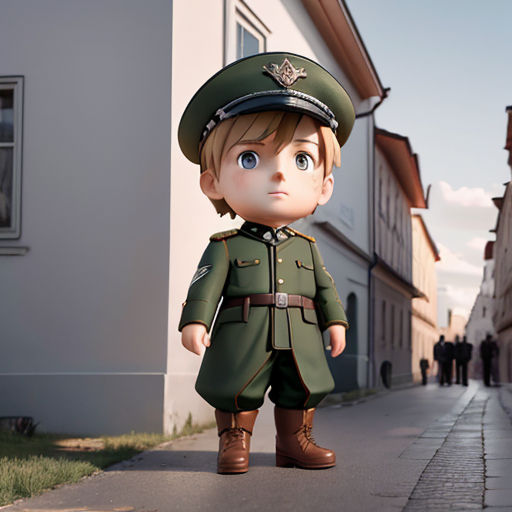
Friedrich's journey from a fervent Nazi supporter to a member of the resistance and, ultimately, a champion for justice and reconciliation, demonstrates the power of personal transformation and the importance of fighting against hatred and prejudice.

His story reminds us that it is never too late to change course and stand up for what is right, even when it means turning against one's own family and country. And as long as there are people like Friedrich who are willing to take a stand, there will always be hope for a brighter future.